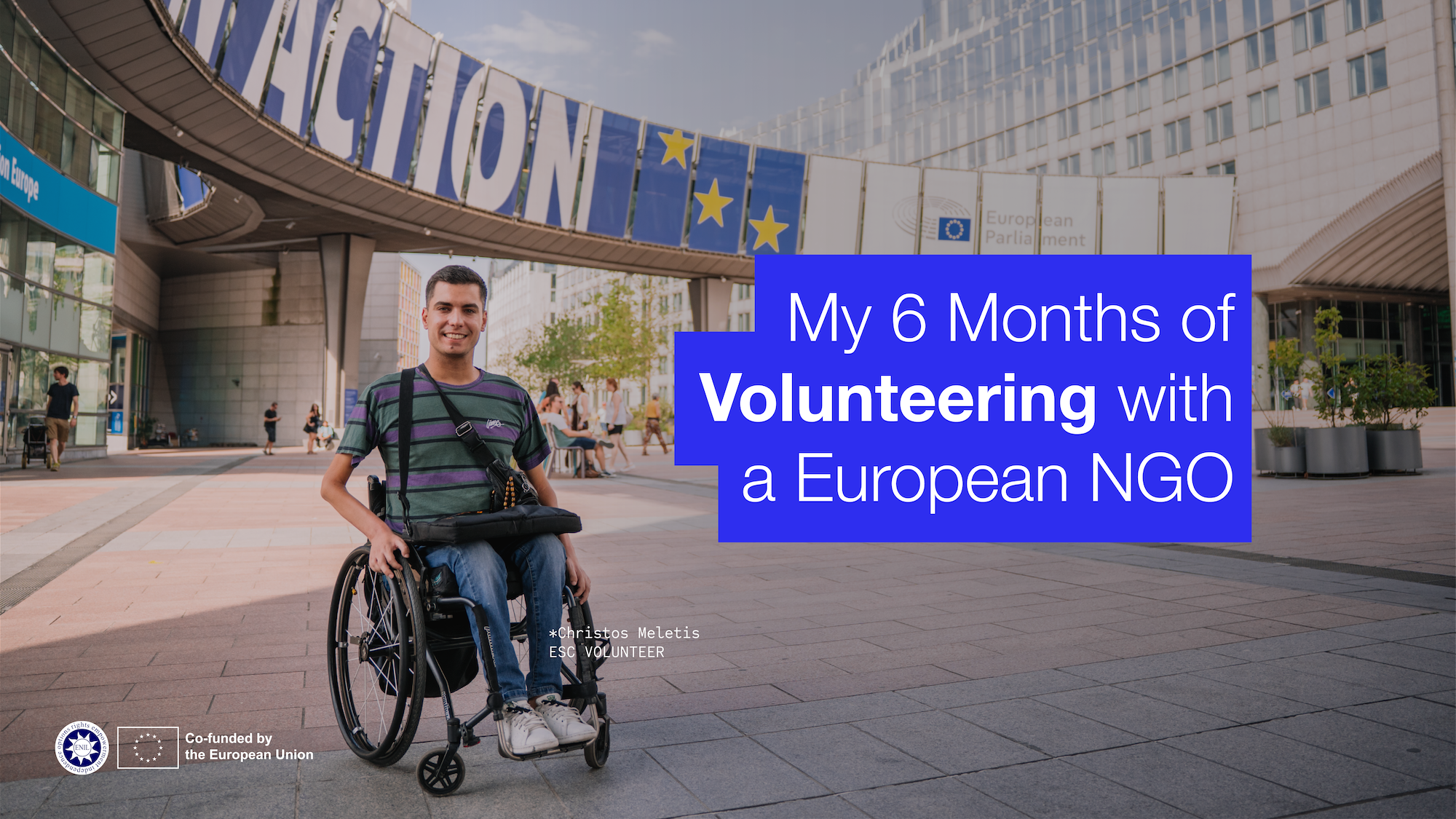Brussels, 5th May 2020 – This year’s European Independent Living Day is a day like no other. With much of the world under lockdown, most of us are celebrating the day indoors, keeping safe, with only the most necessary contact with those on the outside. Many are struggling with the lack of assistance, lack of food, isolation, mental health issues, fear of being denied medical treatment. Many have been quarantined in institutions, with zero contact to the outside world.
When the European Network on Independent Living chose “liberty” as the theme for the 7th Independent Living day, we could not begin to imagine that so many would have their liberty restricted or denied. Yet, while we cannot organise protests, meetings, conferences or meet ups, we can use this situation to raise awareness about the importance of Independent Living.
For decades, the Independent Living movement has been calling for the closure of institutions. Despite evidence of abuse and human rights violations in institutional settings, there are still many that claim they are safer than living in the community. Now that thousands have died and are dying in institutions and older people’s homes, is this not enough proof that these places are not suitable for living?
For many disabled people, restrictions on movement and social contact are a part of everyday life, due to the lack of support or lack of accessibility. Now that everyone has felt the effect of not being able to leave their homes, go to school or to work, to meet up with friends, is this not enough to understand the importance of being part of society for all?
Today is a day to celebrate freedom, liberty and Independent Living. Let us learn lessons from the COVID-19 pandemic and make our societies safer and accessible to all.
ENIL calls on the Governments and the EU institutions to make a commitment to protecting the right to live independently and being included in the community of all disabled people, in line with Article 19 of the UN Convention on the Rights of Persons with Disabilities. Specifically, they should:
1. Listen to the voices of disabled people, especially those that are most marginalised, such as those living in institutions, and prioritise their rights over economic and other interests.
2. Make a commitment to closing down all institutions and ensure all current and future investments are directed to strengthening community-based support and developing inclusive mainstream services.
3. Protect the rights of disabled people, of all ages, in the post-COVID 19 planning, and take into consideration lessons learnt from the current situation for the future, including the inherent danger of institutional care settings.
[Picture: A bird holding a megaphone. In the background, a photo from the Freedom Drive showing disabled people protesting in the streets.]

